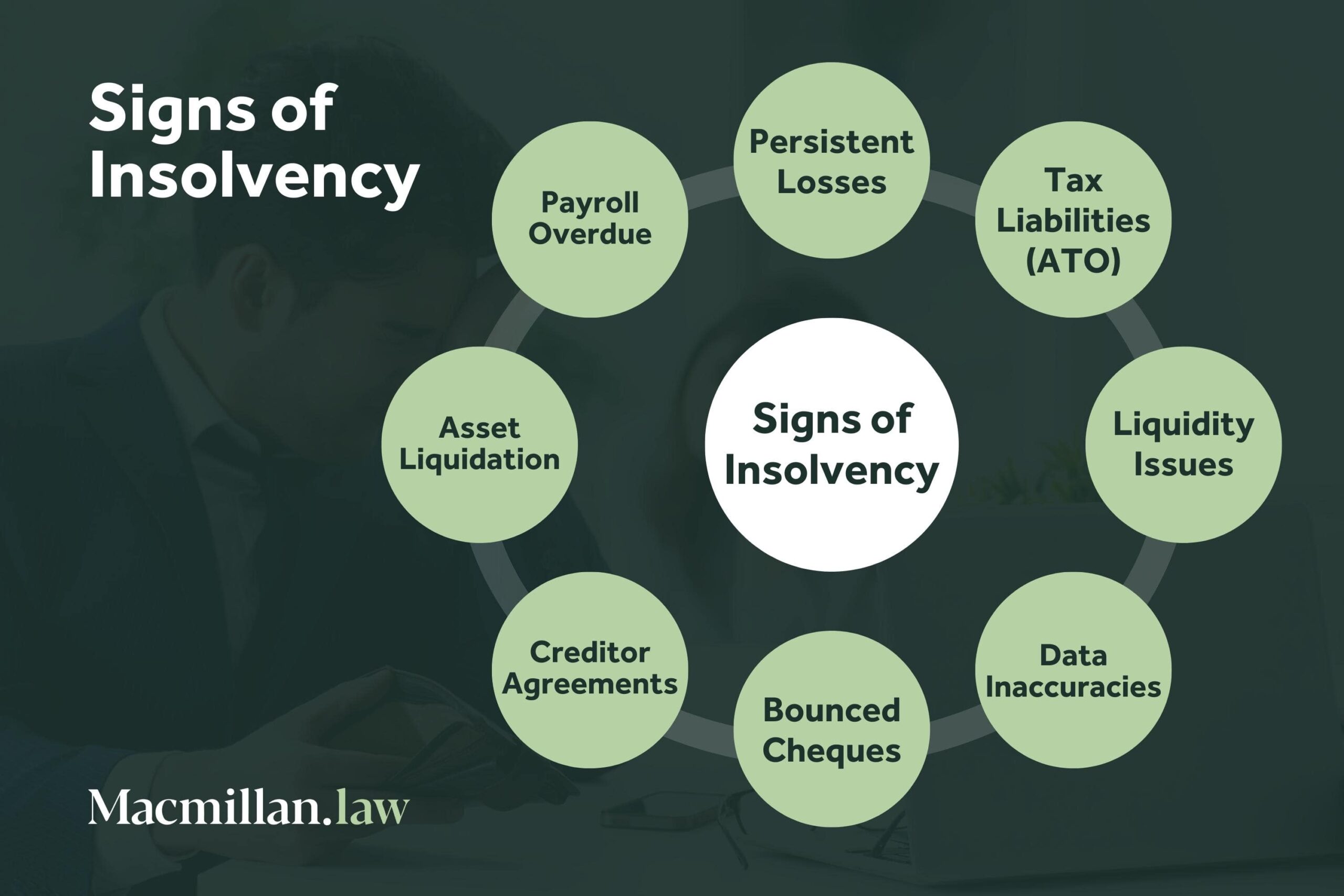A Biased View of Insolvency Practitioner
Table of Contents8 Easy Facts About Insolvency Practitioner ShownThe Definitive Guide to Insolvency PractitionerThe Basic Principles Of Insolvency Practitioner Everything about Insolvency PractitionerThings about Insolvency PractitionerTop Guidelines Of Insolvency PractitionerInsolvency Practitioner Things To Know Before You Get This
Bankruptcy is when liabilities are more than the value of the firm, or when a borrower can not pay the debts they owe. A company can come to be financially troubled as a result of a variety of situations that bring about inadequate money flow. When faced with insolvency, a service or person can call financial institutions straight and restructure financial obligations to pay them off.
Insolvency can lead to insolvency procedures, in which lawsuit will be taken versus the bankrupt individual or entity, and properties. Insolvency Practitioner may be sold off to pay off arrearages. Business proprietors might call creditors straight and restructure debts right into even more manageable installations. Financial institutions are usually responsive to this approach because they intend to be paid back and avoid losses, also if the repayment gets on a delayed routine.
The proprietor creates a proposition outlining just how the financial debt may be restructured using expense decreases or other plans for support. The proposal reveals lenders exactly how the company might generate enough capital for profitable operations while paying its debts. Normally, a forgiven debt may be taken into consideration income by the Irs (IRS).
An Unbiased View of Insolvency Practitioner
When a business needs to pay enhanced costs for items and services, the business passes along the expense to the customer. As opposed to pay the raised cost, many customers take their company somewhere else so they can pay less for a product or service. Losing clients causes losing earnings for paying the firm's lenders.
The organization might end up paying big quantities of money in problems and be overcome procedures. When procedures discontinue, so does the firm's income. Lack of earnings causes accounts payable and lenders requesting cash owed to them. Some business come to be insolvent due to the fact that their products or solutions do not develop to fit customers' altering requirements.
Insolvency Practitioner - An Overview
Expenditures surpass incomes and expenses continue to be unsettled. Types of insolvency include cash-flow insolvency and balance-sheet bankruptcy. Cash-flow bankruptcy happens when a company has the possessions to cover their financial debts but they remain in the incorrect kind, such as realty as opposed to fluid funds. Balance-sheet insolvency, on the other hand, shows an absence of possessions in any type of form to cover debts.
The IRS states that an individual is bankrupt when the total obligations go beyond complete assets. Insolvency Practitioner. A personal bankruptcy, on the other hand, is an actual court order that depicts just how a bankrupt individual or company will certainly repay their creditors, or just how they will sell their assets in order to make the settlements
Insolvency Practitioner Fundamentals Explained
If that circumstance extends longer than expected, it can bring about bankruptcy. When a business or person is insolvent, they can not meet their monetary obligations. Solvency is when you have adequate funds to cover the repayments you owe. A business is taken into consideration solvent when they have more properties than obligations.

Understanding the factors that can bring about insolvency, such as overspending, can aid you stop insolvency and its effects.
A Biased View of Insolvency Practitioner
It is well known that supervisors and policemans of companies (and supervisors of minimal liability business) owe fiduciary obligations to their organizations and their investors (or members). These fiduciary responsibilities are specified by state statutes and, though there are variations from one state to another, they commonly include an obligation of commitment and a task of care.
The duty of care requires directors and police officers to work out persistance, to make informed decisions, and to act in great faith so that their activities remain in the very best rate of interest of the firm. Though beyond the extent of this conversation, our website some states allow these tasks to be limited either by so noting in the business records or abiding by other needs.
The Basic Principles Of Insolvency Practitioner

Beware concerning providing investors favoritism at the expenditure of creditors (e.g., authorizing and funding a reward or a stock redemption). you could try here Beware regarding special therapy in between classes of shareholders. Make sensible efforts to discover all the truths prior to taking a certain strategy; supervisors ought to truly believe that any kind of decisions made remain in the most effective rate of interests of the corporation in its totality (i.e., decisions will certainly be assessed in hindsight because of the result of such actions on the corporation).
In any kind of personal bankruptcy or insolvency case, settlements made to certain financial institutions at the expenditure of other creditors can be clawed back, specifically if there is some connection between the firm and the creditor. Think about recommending at an annual investor meeting (or any type of other conference of shareholders) a resolution verifying that all prior organization decisions and activities taken by the directors and officers of the company were taken in great belief after a workout of affordable care.
Insolvency Practitioner Things To Know Before You Get This
Totally divulge any kind of individual or business connections with parties beyond of purchases including the corporation to prevent the look of a conflict of rate of interest. In evaluating possible fund raising transactions or a sale of assets of the struggling firm, be conscious that these transactions may be looked at later on taking into account any kind of subsequent expansion of supervisors' fiduciary duties to include creditors.